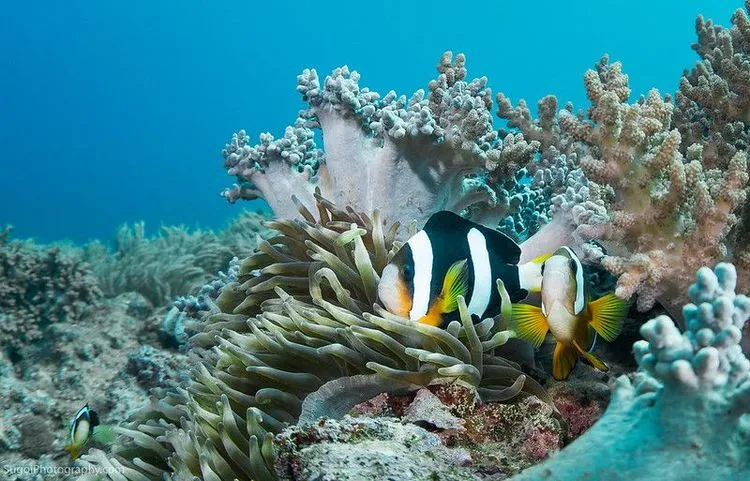To help these ecosystems, Google and its partners have launched "Calling Coral"
Coral reefs are an important habitat for marine life but are threatened by illegal fishing, habitat destruction, climate change, and other human activities. They are also under threat from less obvious dangers, such as the changes in their underwater soundscapes that signal disturbances in their ecosystems.
To help these ecosystems, Google and its partners have launched Calling Coral, a citizen science project where volunteers can tune into underwater reef recordings to identify sounds made by fish, shrimp, and other creatures. The data obtained will then be used to track ecosystem health and assess the success of coral reef regeneration.
The platform features over a hundred hours of underwater recordings from ten reefs across Australia, Indonesia, the Philippines, the US, Panama, and Sweden. Hydrophones monitor the reefs for 24 hours a day to collect data on the life and sounds of the reefs.
Google hopes the Calling Coral project will lead to a better understanding of the ecosystem and opportunities for reef restorations. The data will also be used to train AI models to listen to sounds and enhance research on coral reefs' audio datasets.
While analyzing sounds in coral reefs is not new, this project's innovation lies in making bioacoustics accessible to the public and, at the same time, training machine learning algorithms to analyze the data collected. Since the sound produced in a reef can tell when it is being impacted, volunteers worldwide can contribute to the project's bioacoustic mission, which aims to identify and build populations that restore the reefs' biodiversity.
According to the National Oceanic and Atmospheric Administration (NOAA), climate change is the greatest global threat to coral reef ecosystems, causing coral bleaching, widespread ocean acidification, and the loss of marine life. The platform hopes to mitigate these threats by monitoring habitat changes, protecting against illegal fishing, and restoring biodiversity in damaged reefs.
Reef restoration projects are already underway worldwide, and new techniques such as 3D imaging are being used to preserve and restore coral reefs' health. Google's Calling Coral will provide a new tool for restoring coral reefs' health, opening research to interested people worldwide.
Sources: Google, APNews, CNN, WeForum
Our news is written, proofread, styled and translated using a variety of tools including third party LLM datasets as well as proprietary technologies.
Despite the large number of technologies, we consider it essential that the selection, editing, review and verification processes are supervised.
More info
